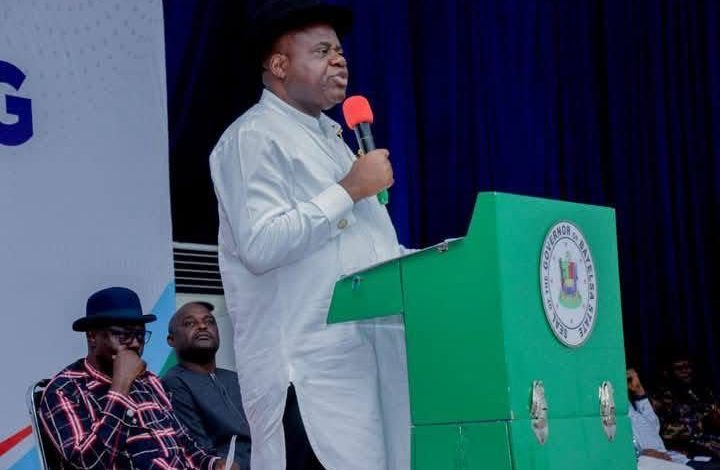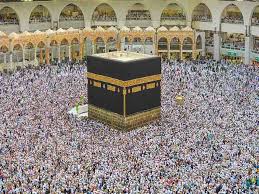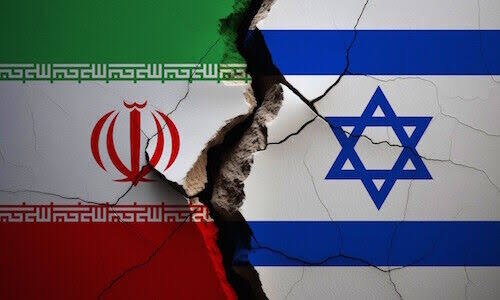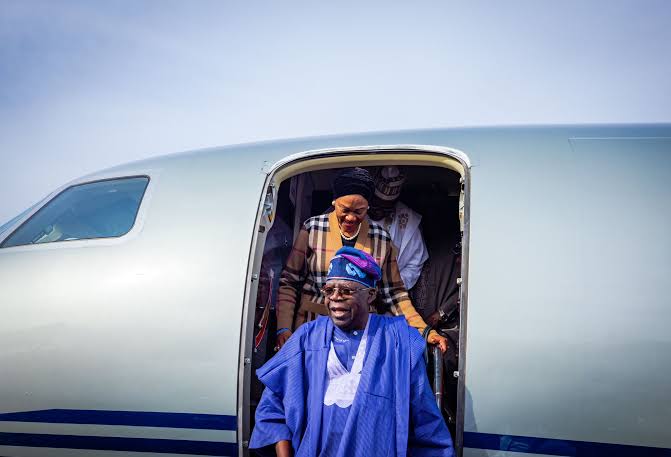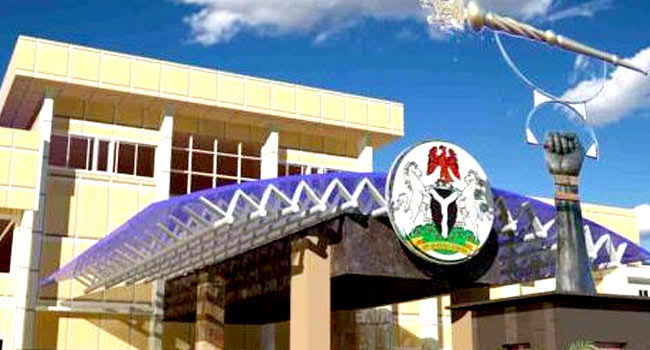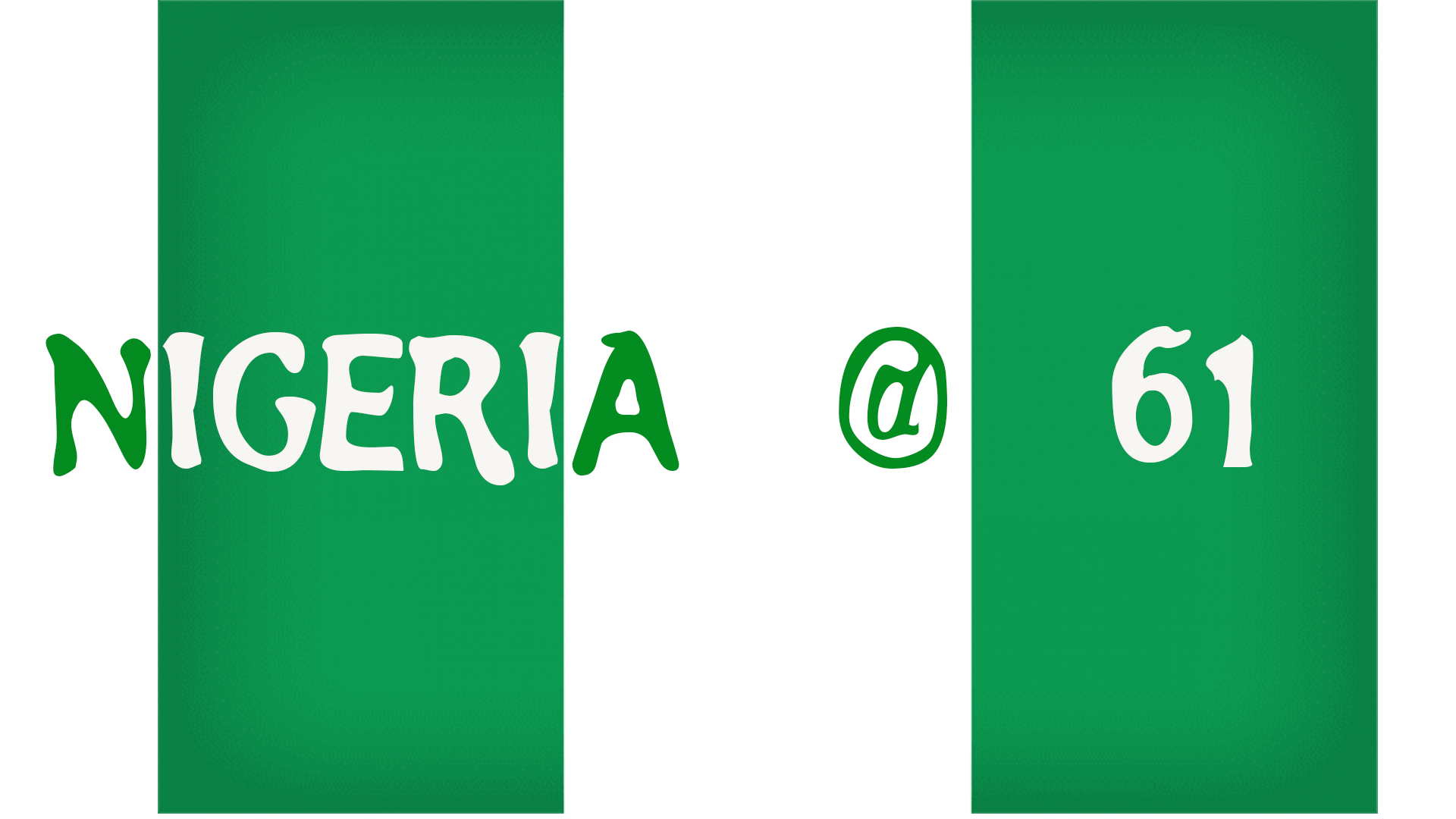The growing tension between Israel and Iran has once again escalated into a direct confrontation, with military strikes, cyberattacks, and heated rhetoric now defining the relationship between the two Middle Eastern powers. While the international community watches with apprehension, reactions from ordinary citizens across the world, including Nigeria, are varied and often emotionally driven.
In Nigeria, a multi-religious nation deeply divided along religious lines, the Israel-Iran conflict has sparked passionate debates. On social media platforms, communities are rallying behind either side, primarily influenced by their religious affiliations. Christians are largely siding with Israel, while Muslims are expressing solidarity with Iran. This trend is not only dangerous but uninformed.
To fully appreciate the complexity of this geopolitical rivalry, Nigerians must look beyond the simplistic view of a “Christian-Israel vs. Muslim-Iran” narrative. The roots of this conflict are far more political, historical, and strategic than they are religious. Reducing it to a battle of faiths is misleading and can fuel unnecessary sectarian tensions in Nigeria’s already fragile religious landscape.
Israel is not a purely “Christian” nation. In fact, the majority of Israelis are Jewish, not Christian. Judaism, Christianity, and Islam all trace their roots to the Abrahamic tradition, but they are distinct religions. While Christians may find common scriptural ground with Jews, it would be incorrect to consider Israel a Christian country. Its Christian population is actually a minority, and the state functions on secular democratic principles.
On the other hand, Iran is indeed a predominantly Muslim country, governed by a theocratic system where Islamic clerics wield significant power. However, even within Islam, Iran practices Shia Islam, which differs from the Sunni Islam embraced by most Nigerian Muslims. Thus, aligning with Iran purely based on shared Islamic identity overlooks critical theological and political differences.
The Israel-Iran conflict is primarily rooted in ideology, regional dominance, and security concerns, not religion. Iran views Israel as a Western ally imposing itself in the Middle East and supports various proxy groups that resist Israeli influence, such as Hezbollah in Lebanon and Hamas in Gaza. Israel, on the other hand, sees Iran’s growing military capabilities, especially its nuclear ambitions, as a direct threat to its existence.
It is this strategic rivalry, rather than religion, that fuels the enmity between the two nations. Their tensions have escalated over years of covert operations, assassinations, proxy wars, and now, direct military actions. Religion may serve as a rallying cry or justification, but it is not the root cause.
Nigerians must also understand that both Israel and Iran have complex internal dynamics that defy easy categorization. In Israel, there are Arab Muslims, Christians, Druze, and secular Jews. In Iran, there are also religious minorities, including Christians, Jews, Zoroastrians, and Sunni Muslims. The assumption that these nations are homogenous religious blocs is factually wrong and unhelpful.
Religious bias in analyzing international conflicts can lead to dangerous consequences domestically. Nigeria has experienced decades of religious violence, distrust, and division. Using a foreign conflict to reinforce domestic religious loyalties only deepens these divisions and undermines national unity.
Furthermore, Nigeria’s foreign policy has traditionally been non-aligned, focusing on diplomacy, peacekeeping, and neutrality. It is counterproductive for citizens to take up ideological or religious arms for foreign powers whose actions and interests may not align with Nigeria’s stability or development.
It is also worth noting that both Israel and Iran have cooperated with Nigeria at different times. Israel has been involved in agricultural and security technology transfers, while Iran has supported educational and health initiatives. Supporting one over the other without full knowledge of the facts undermines Nigeria’s sovereignty and foreign policy principles.
Instead of taking sides, Nigerians should call for peace, dialogue, and diplomatic resolutions to the crisis. This is in line with African values of non-aggression and conflict resolution through negotiation. Supporting war, simply because one side shares a religious identity, contradicts the teachings of both Christianity and Islam.
Faith-based organizations in Nigeria have a responsibility to educate their followers about the nuances of international conflicts. Preachers and religious leaders should avoid framing the Israel-Iran conflict as a battle of good versus evil based on religious identity. Doing so only stirs emotional support for war, which ultimately costs innocent lives.
Media practitioners and influencers must also be cautious in their reporting and commentary. Sensational headlines and biased narratives can mislead the public. Context, history, and objective analysis are crucial in shaping public opinion responsibly.
At its core, the Israel-Iran conflict is a tragic example of how geopolitical interests, fear, and power struggles can lead nations into prolonged conflict. Religion is often a tool, not the cause. Recognizing this helps citizens, including Nigerians, to remain level-headed, compassionate, and peace-focused in their outlook.
Rather than cheerleading war, Nigerians should use their voices to advocate for ceasefire, humanitarian relief for victims, and international diplomacy. This is more in line with our shared African and religious values of peace and justice.
In a world increasingly polarized by identity politics, it is essential for Nigerians to approach global events with critical thinking and empathy, not blind allegiance. The Israel-Iran war should be a wake-up call, not a rallying cry.




